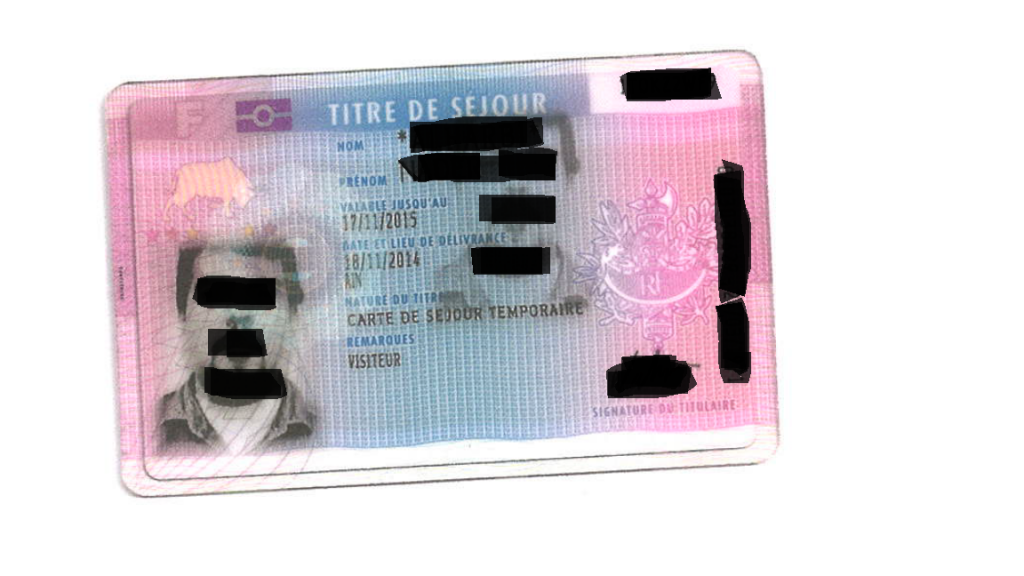Visitor Residence Permit: A Unique Permit
The visitor residence permit is both a residence permit in the form of a temporary residence card and a visa on the foreign national’s passport. The visitor residence permit is governed by Article L426-20 of the CESEDA. It is a kind of hybrid residence right, halfway between a temporary “private and family life” residence card and a short-stay Type C visa. It can be requested both at the Consulate and at the Prefecture by a foreign national who is already residing in France and wants to change status. It should not be confused with the residence permit provided for in Article 7a of the Franco-Algerian Agreement, which is slightly different.
The conditions to obtain this permit are the same whether you are abroad or in France. They are relatively easy to meet compared to other visas that are much more difficult to obtain, such as the visa for French-dependent parents. We will explain the two conditions and then the benefits of having a visitor residence permit in France as a pathway to a residence card or French nationality.

Conditions for Obtaining a Visitor Residence Permit
The first condition is to prove the ability to live independently. This means that the applicant must demonstrate to the authorities that they have their own financial resources. Without doing so, the visitor residence permit will be refused. There are several ways to meet this condition, but the administration will check both the source and amount of resources. This amount is a specific figure, and the foreign national must hold the required sum in a bank account in their country or in France. Having the account in France is usually more reassuring for the administration.
The second condition is to agree not to work in France. Therefore, this permit does not allow employment. It also does not allow the creation of a business or company. The logic behind this requirement is that the foreign national residing in France with this permit should not need to work. This condition goes hand in hand with the first, and both must be met. Thus, one must either have a job in their home country or elsewhere or have sufficient independent resources.
The visitor residence permit is a genuine residence permit that allows the years spent in France to count towards private and family life. These years will also count towards the five-year residency requirement for a resident card, as provided in Article L426-17 of the CESEDA. It can be renewed directly at the Prefecture, as long as the two conditions continue to be met.
Foreign Nationals Eligible for the Visitor Residence Permit
In general, this permit will only be refused for one reason: the inability to prove self-sufficiency. A foreign national with no or insufficient resources will therefore be excluded. Moreover, if you are in France on a short-stay visa, you cannot apply for it and will need to return to your home country to apply at the French consulate.
Who is this visitor residence permit intended for? Several groups of people. First, it targets foreign nationals whose work might require them to spend extended periods in France, for whom a short-stay visa is insufficient. These individuals can easily meet the income requirement and work abroad. Second, retirees who wish to spend their retirement in France. Once again, these are foreign nationals who meet the requirements since they receive a pension (if it is sufficient) and are not interested in working due to age. Third, certain family members of French nationals who are excluded from other options, such as a foreign grandmother of a French national who cannot apply for a long-stay visa as a dependent.
The visitor residence permit covers a wide range of foreign nationals. It is often overlooked by consulates, yet it fulfills a real need and serves a genuine purpose. Furthermore, the criteria to meet are simple and subject to clear assessment, making it harder for the administration to make arbitrary refusal decisions.